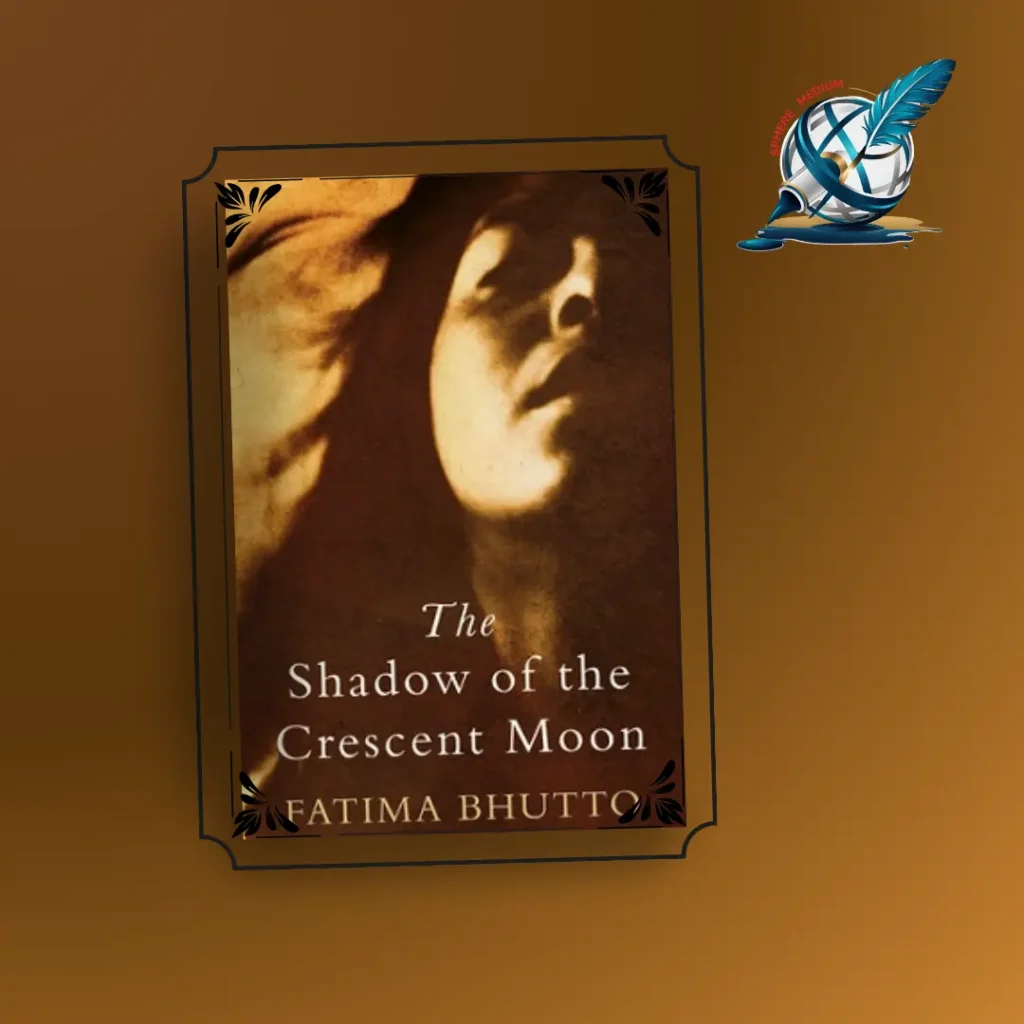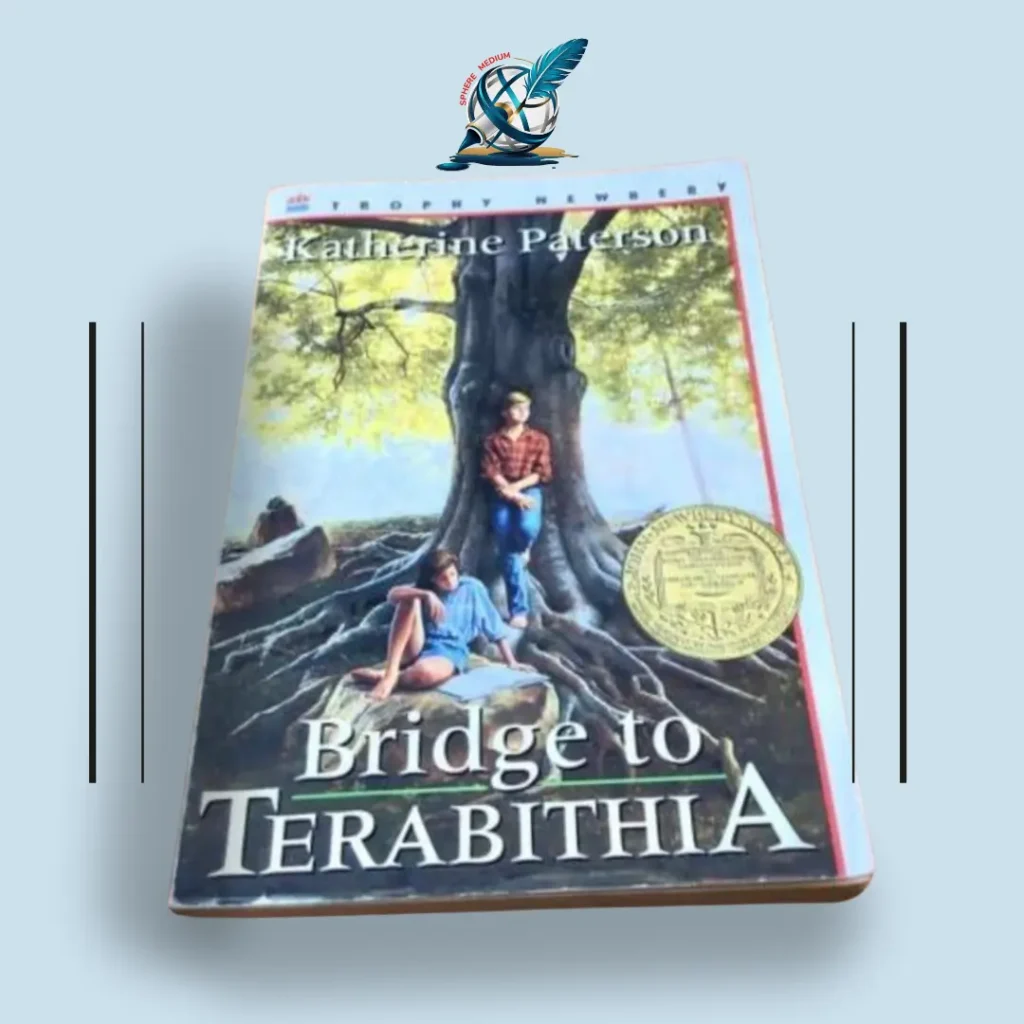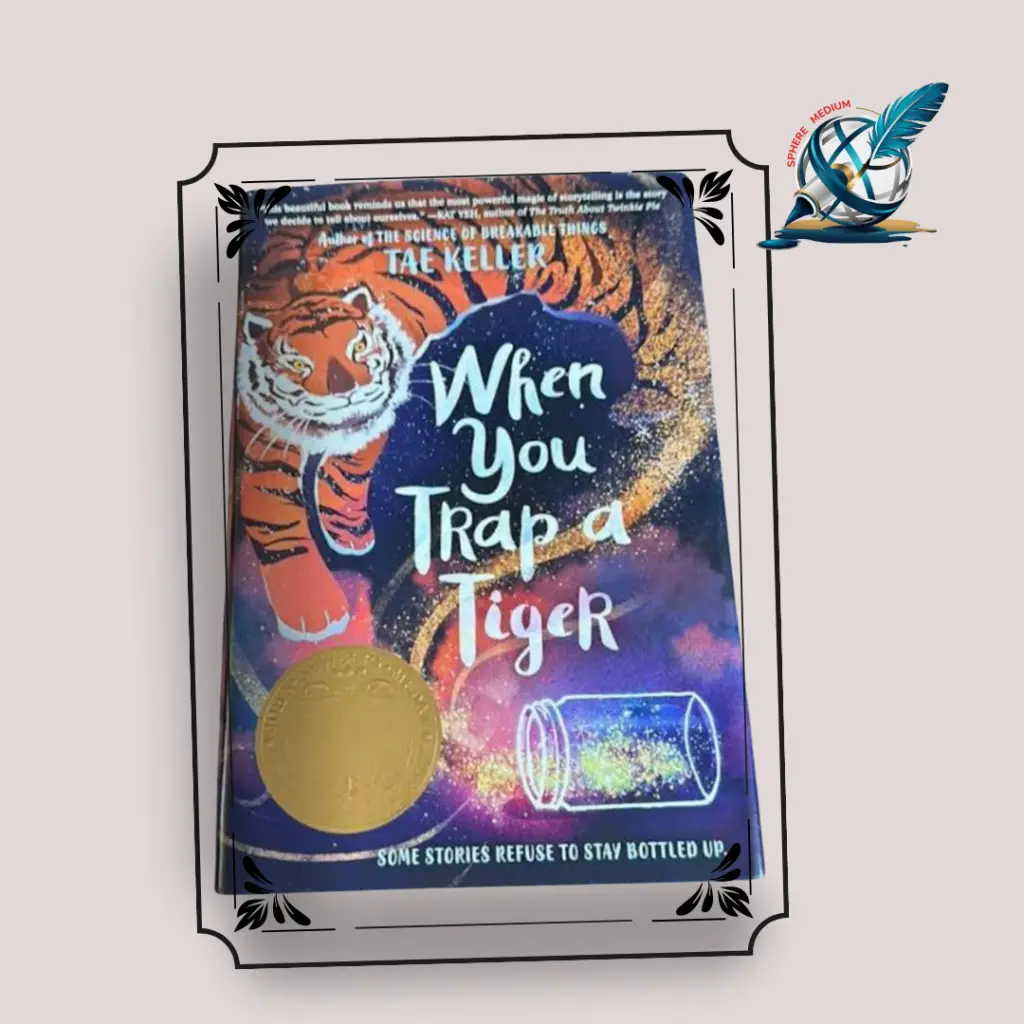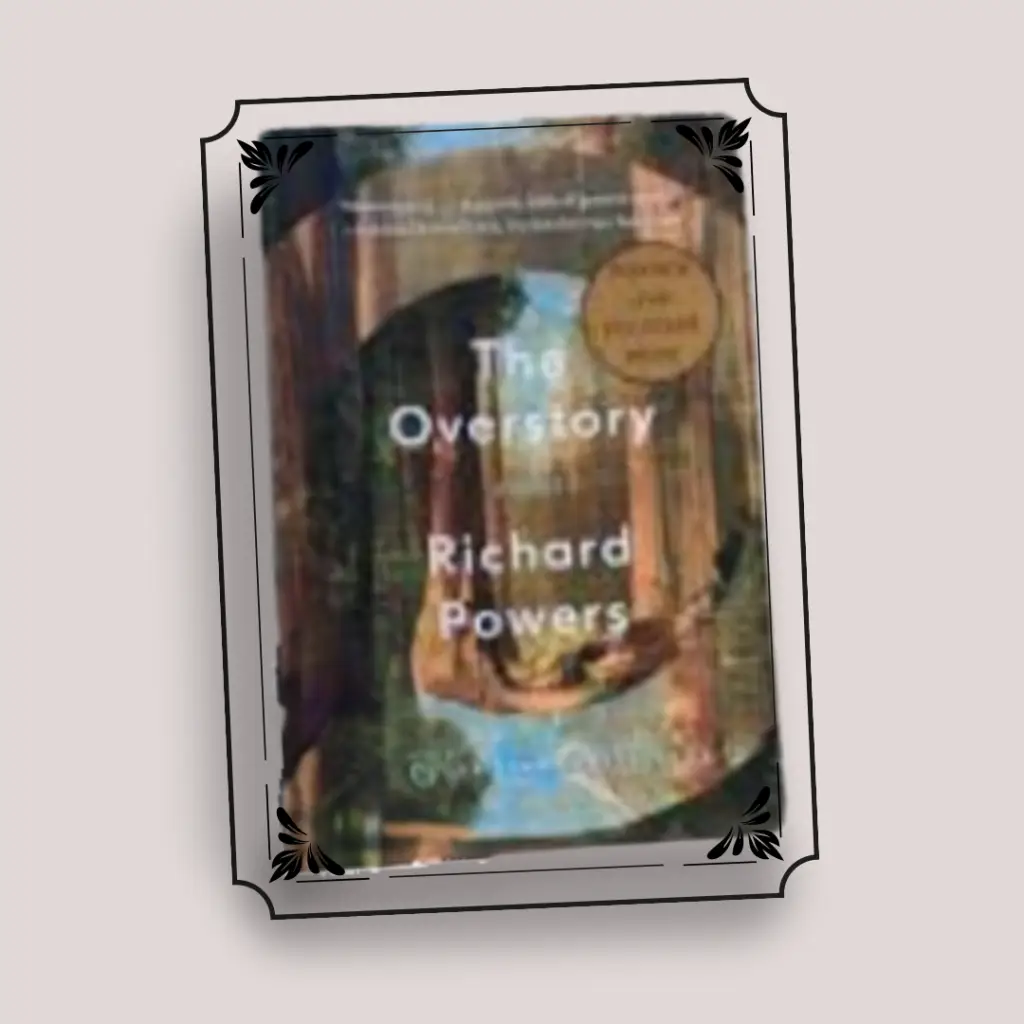A brief review of the book | The Shadow of the Crescent Moon

The Shadow of the Crescent Moon by Fatima Bhutto is a moving novel that explores the intricate lives of three ladies from several generations of a family entangled in the midst of political instability and personal distress.
Bridge to Terabithia | A Review of Katherine Paterson’s Timeless Classic

Bridge to Terabithia by Katherine Paterson is a touching story that highlights the friendship between Jess, a quiet and artistic fifth grader, and Leslie, a new girl at school. Jess, who comes from a poor family, aspires to be the fastest runner in his class. However, his dreams fall apart when Leslie, an imaginative and spirited girl, outplaces all of the boys in a race. As time passes, Jess and Leslie become close friends and create an imaginary world called Terabithia in the woods.
When You Trap a Tiger by Tae Keller – A Magical and Emotional Journey

Lily, her mom, and her sister move in with her aging Halmoni (Korean term for a grandmother). Lily’s Halmoni is sick due to a magical tiger because, according to the tiger, Lily’s Halmoni stole the tiger’s stories. Lily must find the stories in order to save her Halmoni.
The Overstory by Richard Powers – A Sweeping Epic Story of Trees, Humanity, and Climate Change

Book Details Title Overstory Author Richard Powers Publisher W.W.Norton & Company Awards It won the Pulitzer Prize for fiction and was shortlisted for the Booker Prize. Mr. Powers has also been a past recipient of both a National Book Award and a MacArthur Genius Grant. Summary Overstory has been hailed as one of the best works that humanity has produced in literary circles. This book is all about trees; more specifically, it’s a story about people, but told in a way that people aren’t the center of the world. Richard Powers has taken nine characters and used them to advance his theme about the importance of trees. Now some of these characters travel along their own path; they have their own storyline that doesn’t really intersect with any other storylines in the novel, but there are five main characters who do meet up, and their story makes up the core of the book. They all meet up in the Pacific Northwest of the US during the 1990s during protests of clear-cutting of ancient woodland, and when that protest doesn’t go according to plan, they end up taking things in another direction, and sadly, this part of the book is based on things that really did happen in the U.S. The Forest Service allowed clear-cutting of these huge redwood forests; some of these trees were over 500 years old, and when this happened, the Earth Liberation Front, an environmental group, took things in a radical direction. Now, I’m not going to give away any more of the storyline because part of the joy of reading is discovering, so I’ll leave the premise at that. Writing Style The writing style is also beautiful. Despite being fictional, it often reads like nonfiction, but in the best way possible. However, this is not a book that you can rush through; it’s not a book that is super fast-paced because it’s almost telling the story in the timeline of trees, and trees are theoretically going to be around a lot longer than humans. Also, it’s notable that this book has four parts, each of which corresponds to a part of a tree: the roots, trunk, crown, and seeds, and each of which is basically an act to set up the main rising action, the climax. Review Do you know trees can communicate with each other both below and on the ground? They have families; they form interconnected communities! Do you know how they warn others of danger approaching, how they team up and defend themselves and each other from threats to them? It looks like Richard Powers did a ton of excellent research, which is quite astonishing and mind-boggling. I recommend that you pick this book not for the human storyline, which is fascinating, but for the way that Richard Powers weaves in interesting facts about trees, about their enormity, and about their importance in the ecosystem. This thought-provoking book essentially talks about humanity’s greed versus nature’s compassion and generosity. Mr. Powers is trying to convey the full variety of human experience while also marveling at one specific privileged topic, which is botany and the world of trees. In fact, trees are not just a simple subject that he has decided to focus on. He makes the point that trees are not just one single thing that we can choose to consider and look at; instead, trees are the essence of life; they are the engines of the world. Although trees do a lot to filter the air and make life on Earth possible, we still don’t seem to value them. Trees are seen as something standing in the way of progress, which can bring no value apart from the timber, so they cut them down to make more cities or more farmland. Themes Four themes are discussed in the book, which are structured very well Environmentalism Raises the question: What impact do humans have on the environment? What impact do we have on invisible members of our environment that are around us but that we don’t notice regularly or don’t take time to appreciate? The theme of protecting nature, of safeguarding nature, of not abusing nature, and of the generosity that she offers humanity is there. We are, after all, not the inheritors of the earth; we are just guardians who are here to protect the earth, take only what we need, and return whatever we don’t need back to the earth and preserve her landscapes. At one point, one of the characters states, “If you’re going to use a tree, if you’re going to cut down a tree, what you make from that should be at least as miraculous as the tree itself”. I thought that was pretty interesting. There’s a lot of stuff that we make out of trees that is not very miraculous. Interconnectedness One of the novel’s central concerns is stressing and highlighting time and again how deeply connected our existence is to trees. The novel also remarks on how important it is that we start to understand how broad the world is and how interconnected and dependent life on Earth is on each other. Ecology teaches us how each species in an ecosystem is dependent on another, in the same way as fiction teaches us how our story is dependent on the other characters. His urging to slow down and recognize the other lives on the planet turns out to be quite compelling. Human arrogance or human hubris He really gets at that in a powerful way in terms of exploring how people and organizations, businesses, and companies can almost have an arrogant way about themselves in the world, but interestingly, he’s not afraid to comment or to get at some of how arrogance infects our environmental efforts, which is one of the reasons I think the environmentalism theme is handled so well. Human hubris affects everything we do; even our well-intentioned efforts to correct other hubris are infected by their own hubris and arrogance, and the stories



